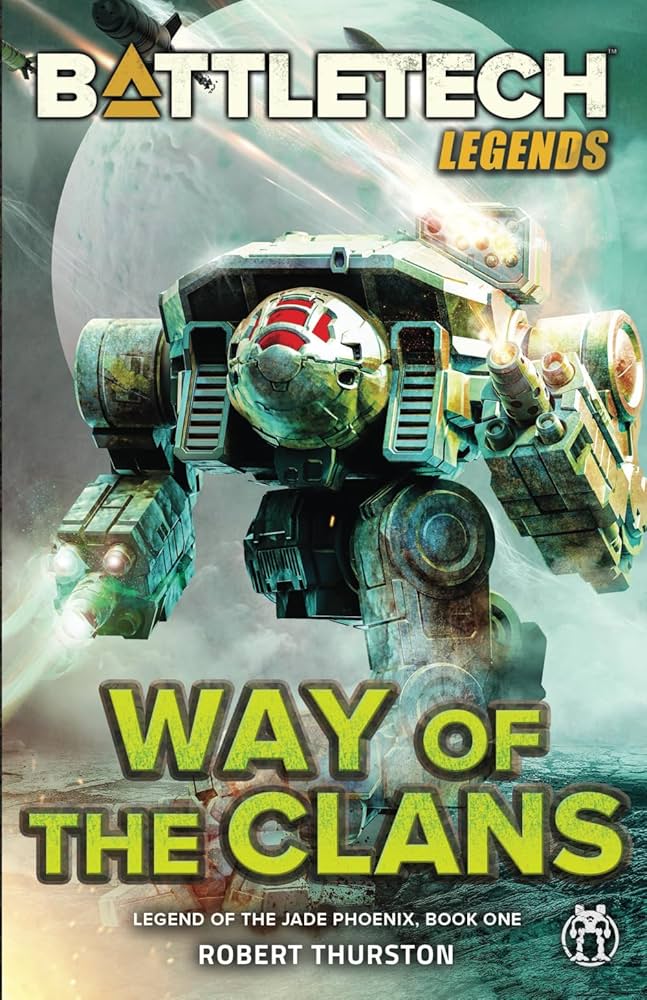Gaming has introduced endless hours of entertainment by yourself or with friends. However, it’s not always a harmonious interaction when it comes to online play. This article discusses the harsh reality of online harassment/bullying through the lens of a young gamer who is rather familiar with toxicity.

Courtesy Adobe stock images
The most baffling aspect about Tony Xiao’s essay on toxicity in gaming is that the writer is only 15 years old. However, despite being a decade and some change in years, Xiao already has a firm understanding, and presumable first-hand experience, on the hostile side of online gaming. He is quick to note that most insults thrown in online game chat rooms mostly consist of racist or homophobic remarks, slurs that inflict severe hate with just an ounce of a breath.
These derogatory phrases evoke real anger without any consideration of the recipient’s side. When it comes to online trash-talking, there is no such thing as off-limits. No punches are pulled and there are definitely no officials or moderators present to defend you.
Online battlefields
Players will hurl the nastiest offensive words in their arsenal, all without ever fearing real-world consequences. Xiao realizes that the reason ill-advised players are so open to talk in such derogatory terms to others is because there is hardly any punishment to worry about. In addition, there are easy ways to bypass censors that are supposed to stop profanity and slurs.
“But in most cases, these measures are perfunctory, amounting to a slap on the wrist. Players evade censors easily by omitting letters or adding numerals to ethnic slurs written in game chats,” Xiao writes. The 15-year-old illustrates an example in which a victim of online toxicity today may gradually, in a few months or so, become the bully themselves in online chat rooms, almost as if it were a tradition or ritual.
Hatred breeds more hatred and that is also part of the toxic cycle that Xiao knows all too well. The advice most given to those who are recipients of online bullying would be to mute the assailant as well as themselves to prevent further instigating. This cuts the source of toxicity directly and allows the player to refocus on the task at hand, which is whatever the objective of the game is.

Courtesy FreePik
Mute won’t solve all the problems
The title of Xiao’s essay makes reference to this but it ultimately does nothing to stop online gaming from being cesspools for rude and offensive remarks. In fact, I would argue and compare it to someone witnessing a crime, but instead of reporting it or assisting in whatever way possible to prevent or stop the culprit, the witness simply closes their eyes and walks away.
It does wonders to get you out of immediate danger, but it does close to nothing to deter the criminal from doing another heinous act. To truly stop toxicity from going rampant on video games that are, at times, intended for children is for developers to enforce chat room rules and punish those who feel the need to throw cheap shots regarding genders or ethnicity. Hate among the differences of people is a deeper problem that society has been a victim of for centuries, but the unnecessary bigotry that manifests in online gaming could be contained and be put to a swift halt.
One person can make a difference
It ultimately falls on the shoulders of gaming studios and, to an extent, the players to “[understand] that they have a responsibility to stem the spread of hate on its platforms,” and to recognize that there are actual people, with real feelings and emotions, at the other end of the screen. Words carry a lot of weight behind them and toxicity in online games could absolutely cause serious and lingering damage.
I applaud Xiao for putting this seriousness into the centre stage for a broader audience via The New York Times. Still, I cannot help but feel an alarming concern that someone of his age, and perhaps younger, have already experienced or witnessed these acts of belligerence carried out by unpleasant individuals who hide by their online anonymity. It is unfair that the children of now are at the peak of online gaming and inevitably in the frontlines of gaming toxicity.

